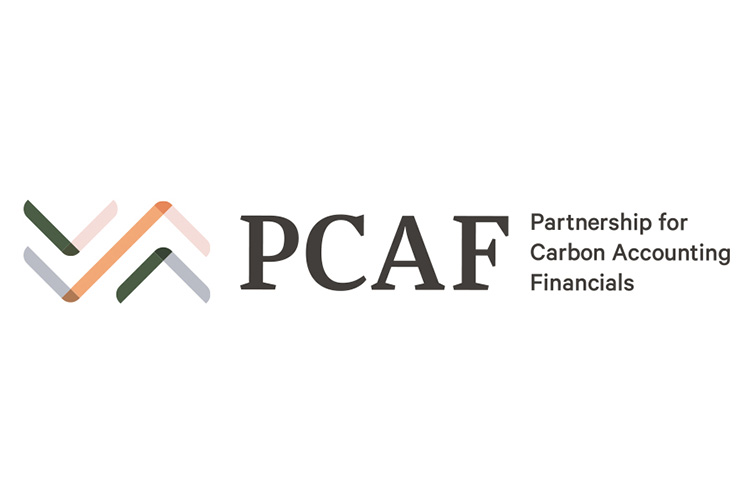Banorte is taking another major step on the path to zero emissions.
The bank, an active supporter of sustainable financing, has joined the Partnership for Carbon Accounting Financials (PCAF), an industry-led initiative to develop a harmonized global standard to measure and disclose the greenhouse gas emissions of loans and investments.
Doing so enables financial institutions to set science-based targets and align their portfolios with the Paris Agreement, which sets out a global framework to avoid dangerous climate change by pursuing efforts to limit global warming to 1.5°C.
“The battle against climate change cannot wait, and the financial industry must commit to immediate measurable action,” Banorte Chairman Carlos Hank González said.
“Measuring the impact of our portfolios is one of the main commitments we assumed as a responsible bank. We understand our relationship with the planet and society. And that’s why we’ve continued to change our way of doing business to be more sustainable,” he said.
Banorte is a founder of the Net-Zero Banking Alliance, sponsored by the United Nations Environment Program Finance Initiative, with the commitment of generating zero emissions in our businesses and operations by 2050.
Banorte also joined the Taskforce on Nature-related Financial Disclosures and in 2021, the bank launched its first sustainable investment fund, designed to help to enrich society and contribute to economic development.
It also participated in the Global Leaders for Climate Action forum, part of COP26, organized by the International Chamber of Commerce (ICC), one of the world’s leading business organizations. Carlos Hank González was the sole Mexican representative in the ICC virtual summit in October to rally business support for strong climate action.
PCAF said more than 260 financial institutions from six continents have signed on to its initiative, and the group rapidly is expanding in North America, Latin America, Europe, Africa and Asia-Pacific.
The partnership said the standards were developed by a diverse, global team of financial institutions to provide transparency and accountability and to enable financial institutions to align their portfolios with the Paris Agreement.
“As a first step in this direction, harmonized and transparent greenhouse gas accounting becomes an imperative,” the partnership said.
As banks represent most of the available capital globally, the partnership said “these financial actors play an important role in the financial ecosystem to drive change and transition towards a low-carbon society.”
Measuring the financed emissions of a portfolio is the foundation enabling institutions to perform scenario analysis, set targets, inform actions and disclose progress. These areas jointly are crucial for portfolio alignment and decarbonization, the partnership said.
